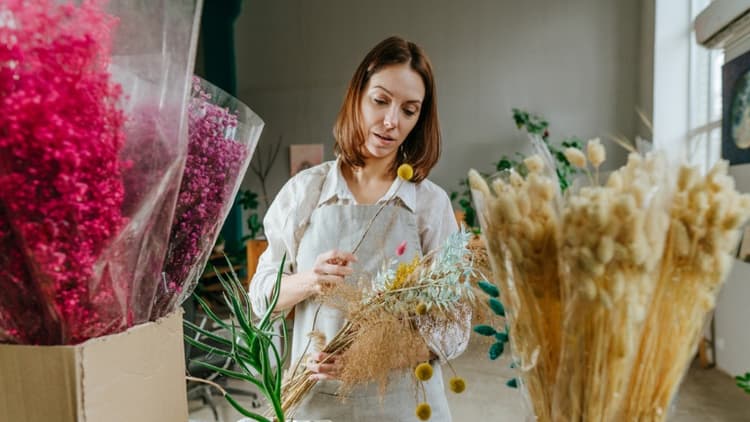Our latest blogs
Featured post

BLOG
Improve your English, boost your confidence and grow your business
Learn what ESOL is, how it works, how much it might cost, how much time you need and – most importantly – how improving your English can help your business grow.
Top blogs and guides
Blogs
Looking for inspiration for your small business? Explore our latest blogs, covering topics from boosting your marketing strategy to getting online with a better website.

Grow London Local
Creating your business values, purpose and mission
A guide for small business owners by Jane Knight, Successful Mums Career Academy.

Grow London Local
Developing your skills as a London business owner
Ready to upgrade your knowledge? Find more about skills courses for you or your staff.

Grow London Local
How to find and connect with business angels
The right angel investor brings sector experience, insight, direct introductions and hard-won credibility.
Guides
Ready to deep dive into a specific topic? From social media strategy to accounting for the next tax year, find useful, informational guides for small business owners just like you.

Grow London Local
The legal side of securing commercial premises in London
Avoid costly mistakes when taking commercial premises in London, with this guide to all the legal aspects involved.

Grow London Local
A simple LinkedIn playbook for busy London businesses
LinkedIn is great for meeting local prospects, showing your work and building trust with decision-makers.

Grow London Local
Your guide to cooperatives and mutuals
Explore the benefits of cooperative working and why this business model could be the right choice for you.
Partner blogs and guides
Resources
Explore a library of resources from our partners, covering a range of topics from digital, marketing, finance and funding.

Enterprise Nation
Hiring your first employee: A practical guide for small business owners
Having an employee to handle the day-to-day tasks can be an important first step in growing the business.

Beacon Business Commercial Services
Growth vs scale: Why it's important to know the difference
There's a crucial difference between scaling and growing your business.

Soundbite Media
From likes to leads: Ways to win with social media
If you’re trying to create social media content to engage with your customers and clients, where do you start?
